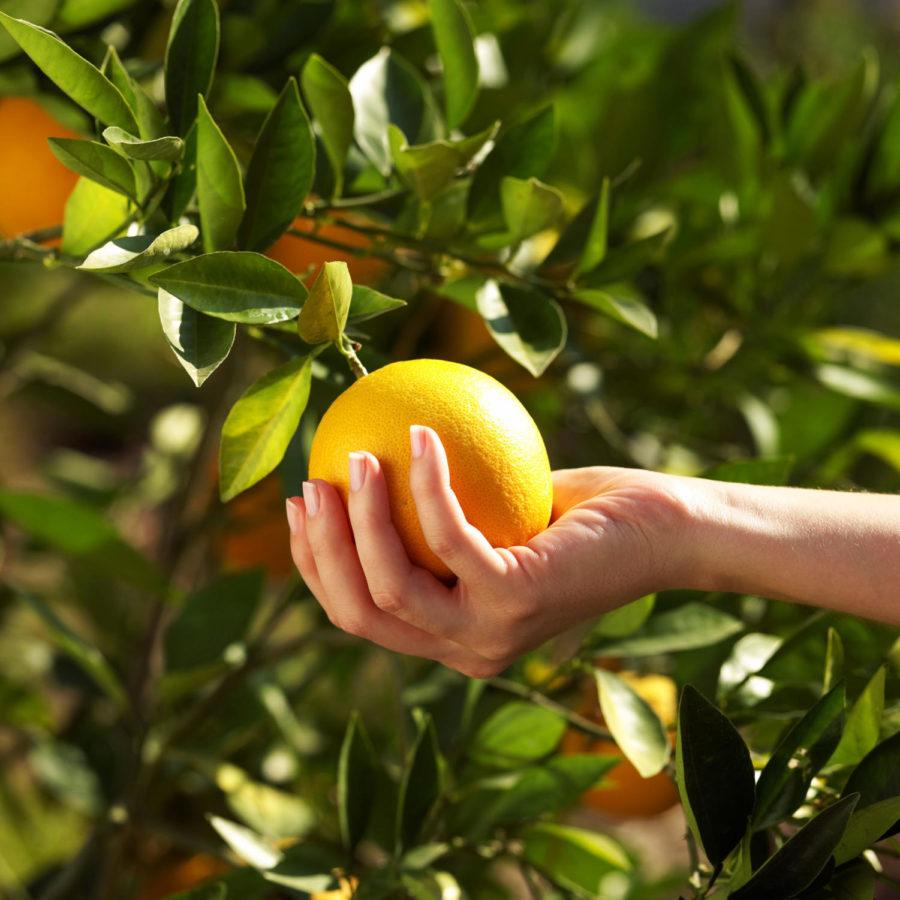Dankbar: Think before you eat
Photo courtesy of Getty Images/Brand X
Dankbar’s experience after traveling to Honduras for a cultural immersion trip opened her eyes to understanding the implications behind the food system. She encourages students to ‘take some time to think their food choices through’ because those choices ultimately have effects on our bodies.
November 30, 2012
Over Thanksgiving break I went down to Honduras for a cultural immersion trip. We were up in the mountains in small rural villages. We stayed in one village that didn’t even have clean drinking water. It was a very eye opening experience for me. One of the interesting things I gave thought to is the complexity of our food system.
Before this semester I had never given much thought as to where my food comes from. I thought I was better off knowing. This semester I have learned more about where our food comes from in a class and through this traveling experience. The more I have learned the more I have realized that it is something that I should be conscious about. It is the same logic as choosing to eat healthy. Our bodies are not garbage disposals. We should know what we are eating. This could mean different things to different people (example: carnivores vs. vegetarians).
I am not going to tell you what to eat; I’m just saying you should consider thinking through your food choices.
Before I went to Honduras I knew coffee, fruit, tobacco and other things come from Central America, but I never thought of what the production of these goods looks like. As we drove through the mountains there would be whole mountainsides covered in coffee plants. We had plenty of opportunities to see these plants up close. We also had lots of chances to try the fresh produce. We picked oranges right off the trees, and tried fresh bananas, sugar cane and cilantro. I couldn’t bring myself to buy oranges in the States once I got back because they were just so good there.
To give you an idea of how much of these things they produce, here are some numbers: 7,818,920 metric tons of sugar cane, 229,368 metric tons of coffee, and 508,941 metric tons of corn are harvested each year. Especially where I was people’s income came from their farming. It is typical of developing countries to have agriculture-based economies.
While we drove I had a lot of time to think. I thought about how disappointing it is that we do not have that fresh produce here. I started thinking about how all of this food has to be transported and most likely blasted with all sorts of chemicals before we can get it in the States.
The thought of food being blasted with chemicals is pretty disgusting to me, but I learned about why it is necessary. After coffee beans are picked they have to be laid out to dry. Multiple times we saw chickens walking across the beans. After seeing that I have become more accepting of the fact that food has to be “cleaned” with chemicals. This also made organic coffee seem a little less appealing.
Another interesting thing was to meet the farmers and learn about them. There is a big push for this in the United States right now, especially with meat, but it was cool at dinner to know the people who grew our meal. I like to buy local in the States, but I usually buy from a grocery store just for convenience. As I walked through the produce section of Hy-Vee when I returned I found myself thinking about all of the people I had met and wondering where the fruits and vegetables I was looking at had come from.
It was a great learning opportunity to see where some of our food comes from. It was one of the many eye opening experiences I had while I was down there. After that trip I have a few changes I want to make and being more conscious of my food choices is one of them. Eating less processed food and looking for local products are things I tried to implement in my life, but I feel more motivation to do so after this experience.
What you eat may seem like an important decision, but if you really think about it it isn’t so simple. I encourage you to take some time and really think your choices and the effects of those choices. Who knows, you might just learn something.

















